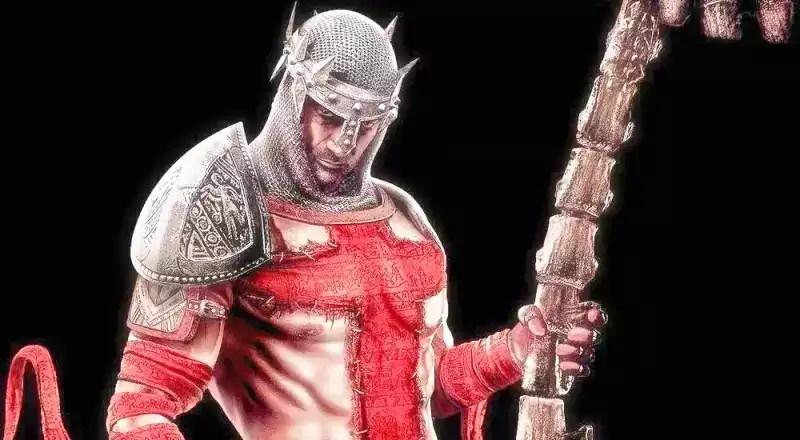
Character Analysis
(Avoiding Spoilers)
Grew up... in 12th century Italy. Dante was a troubled child prone to lying, stealing, and cheating. However, this penchant for mischief was partially due to his harsh upbringing by his promiscuous father, Alighiero.
Living... in Florence. Before being called away to fight in the Crusades, Dante lived in Florence with his family and his betrothed, Beatrice.
Visiting... Hell. After being assassinated, Dante defeats Death instead of submitting to it. He then steals its scythe so that he can travel into Hell himself, fight off its demonic hordes, and save Beatrice, who has been stolen by Lucifer. Dante is aided by the poet Virgil, who hopes this good deed can help get him into Heaven.
Profession... crusader. As a warrior during the Third Crusade, Dante viciously slaughtered countless enemy fighters in the name of King Richard I before being assassinated.
Interests… redeeming Beatrice and himself. After witnessing his betrothed get swallowed up into Hell, Dante goes there personally to rescue her. However, after realizing that his own numerous sins are the cause of his problems, he attempts to redeem both Beatrice and himself. As he puts it, “Father, mother, brothers – absolve me!”
Relationship Status... betrothed to Beatrice. Dante is extremely devoted to his beloved wife-to-be, although he is to blame for her current predicament. It was his war-time atrocities that drew the attention of infernal agents, who, in order to punish him, damned her soul and whisked her to the deepest part of Hell. Still, Dante is dedicated to his betrothed – so dedicated that he’ll literally walk through Hell for her.
Challenge... defeating Lucifer. Only by overcoming the ruler of Hell himself can Dante release Beatrice’s soul from his satanic grip. But to get there, Dante will have to travel through the nine circles of Hell, and survive their fiery gauntlets.
Personality... guilt-ridden. Dante does not immediately realize that his sins, from his violence to his unfaithfulness, are to blame for many of his problems. Once he does, though, his anger turns to guilt and he can finally begin to expiate himself of his numerous wrongdoings.

